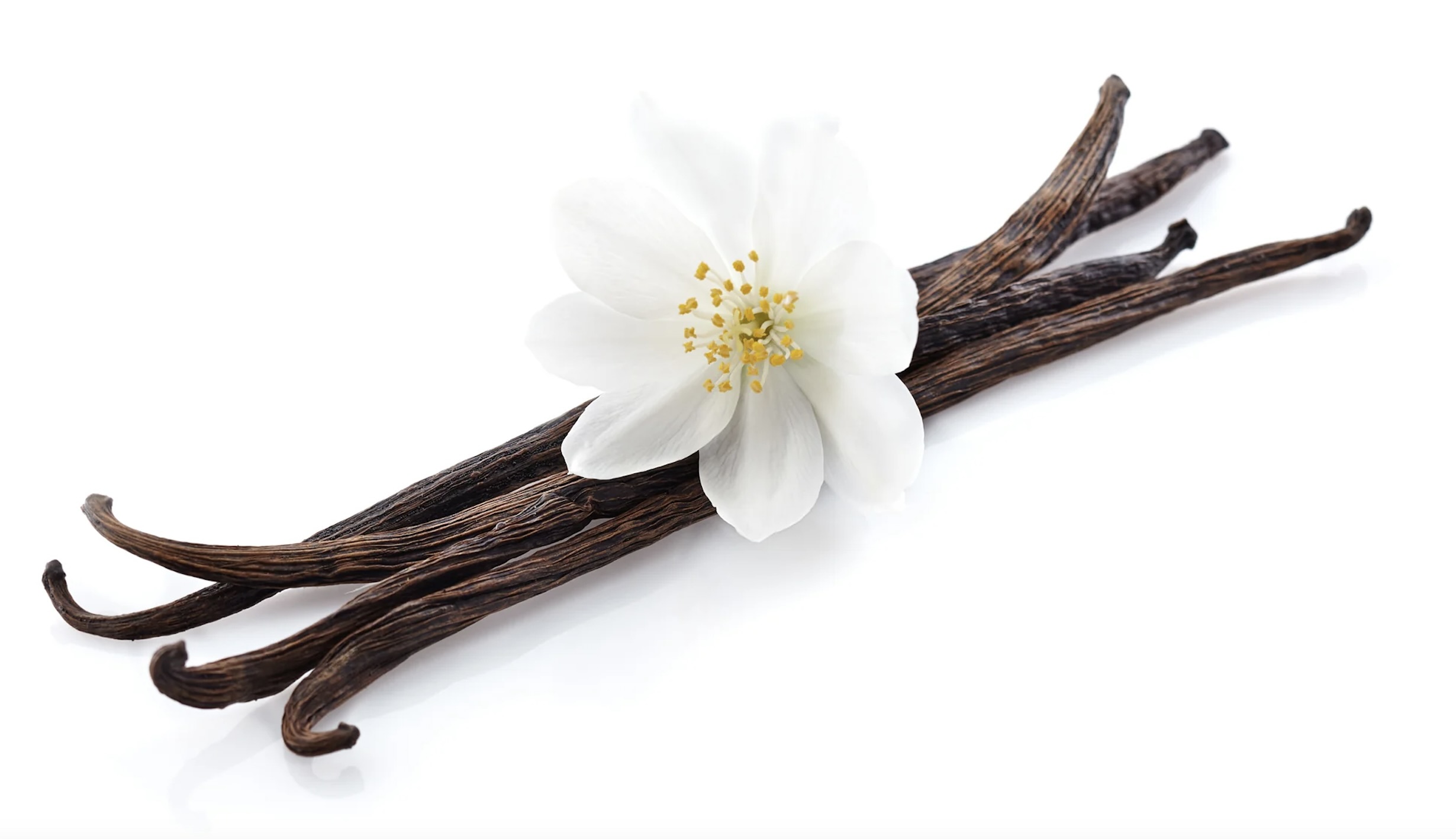Health Benefits of Vanilla
What are the health benefits of vanilla?
Vanilla is a popular flavoring derived from the pods of the vanilla orchid (Vanilla planifolia). While it is primarily used as a flavoring agent in food and beverages, vanilla also offers some potential health benefits:
- Antioxidant properties: Vanilla contains antioxidants, such as vanillin, which can help protect your body from damage caused by harmful molecules called free radicals. Antioxidants are believed to play a role in reducing the risk of chronic diseases such as heart disease and cancer.
- Anti-inflammatory effects: Some studies suggest that vanilla may have anti-inflammatory effects, which could help reduce inflammation in the body and potentially benefit conditions such as arthritis.
- Mood enhancement: The aroma of vanilla is believed to have a calming effect and may help reduce stress and anxiety. Some people also associate the scent of vanilla with feelings of comfort and relaxation.
- Improved digestion: In traditional medicine, vanilla has been used to aid digestion and reduce stomach upset. It is believed to have a soothing effect on the digestive system.
- Potential aphrodisiac: Vanilla has long been used as an aphrodisiac, believed to stimulate the production of hormones that can enhance libido and sexual arousal.
- Skin health: Vanilla extract is sometimes used in skincare products for its soothing and antioxidant properties. It may help protect the skin from damage caused by free radicals and promote a healthy, glowing complexion.
It’s important to note that many of the health benefits of vanilla are based on traditional uses and anecdotal evidence, and more research is needed to fully understand the effects of vanilla on health. Additionally, vanilla is often consumed in small amounts as a flavoring agent, so its health benefits may be limited compared to other foods and supplements.
What are the health risks of vanilla?
Vanilla is generally safe for most people when consumed in amounts commonly found in foods and beverages. However, there are some potential health risks associated with vanilla:
- Allergic reactions: Some people may be allergic to vanilla. Symptoms of a vanilla allergy can include itching, hives, swelling, or difficulty breathing. If you suspect you are allergic to vanilla, you should avoid consuming it and consult with a healthcare provider.
- Sensitivity to histamine: Vanilla contains histamine, a compound involved in allergic reactions. Some people may be sensitive to histamine and may experience symptoms such as headaches, itching, or digestive issues after consuming vanilla.
- Vanilla extract alcohol content: Vanilla extract is often made by soaking vanilla beans in alcohol. While most of the alcohol evaporates during cooking or baking, trace amounts may remain in the final product. Individuals who avoid alcohol for health or religious reasons should be aware of this.
- Interactions with medications: Vanilla may interact with certain medications, such as blood thinners, by affecting their metabolism in the body. If you are taking medications, especially blood thinners, it’s advisable to consult with your healthcare provider before consuming vanilla extract or other forms of vanilla.
- Sensory sensitivities: Some individuals may be sensitive to strong scents, such as the fragrance of vanilla. Inhaling or being exposed to strong vanilla scents may trigger headaches, nausea, or other discomfort in sensitive individuals.
It’s important to consume vanilla in moderation and be aware of any potential sensitivities or allergies. If you have any concerns about consuming vanilla or if you experience any adverse reactions after consuming it, you should consult with a healthcare provider.




